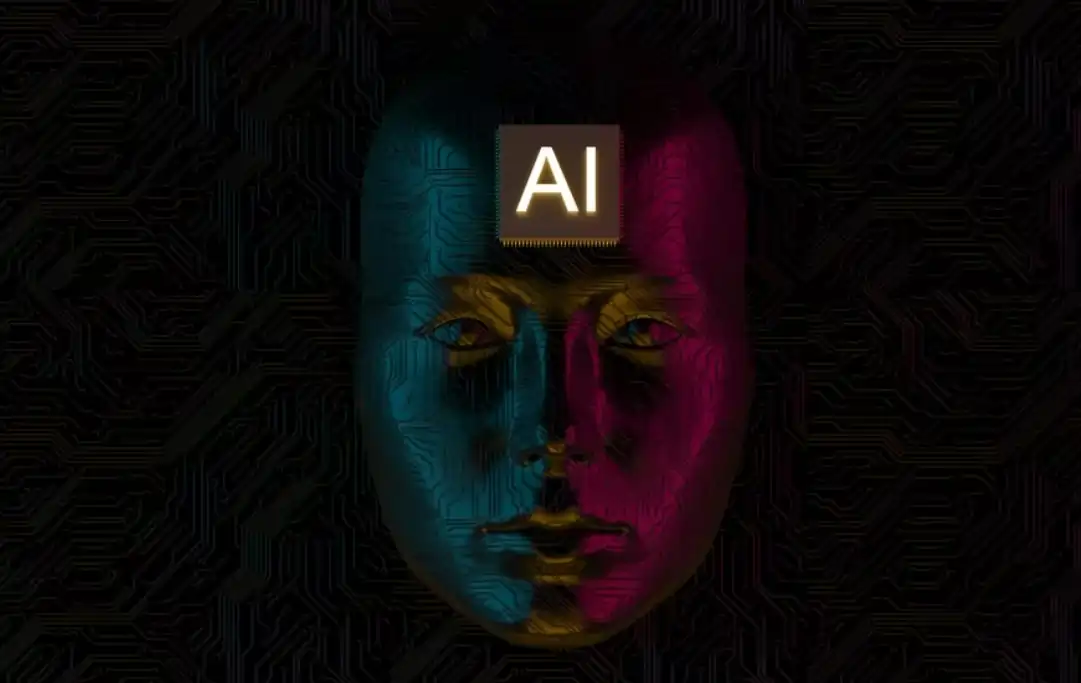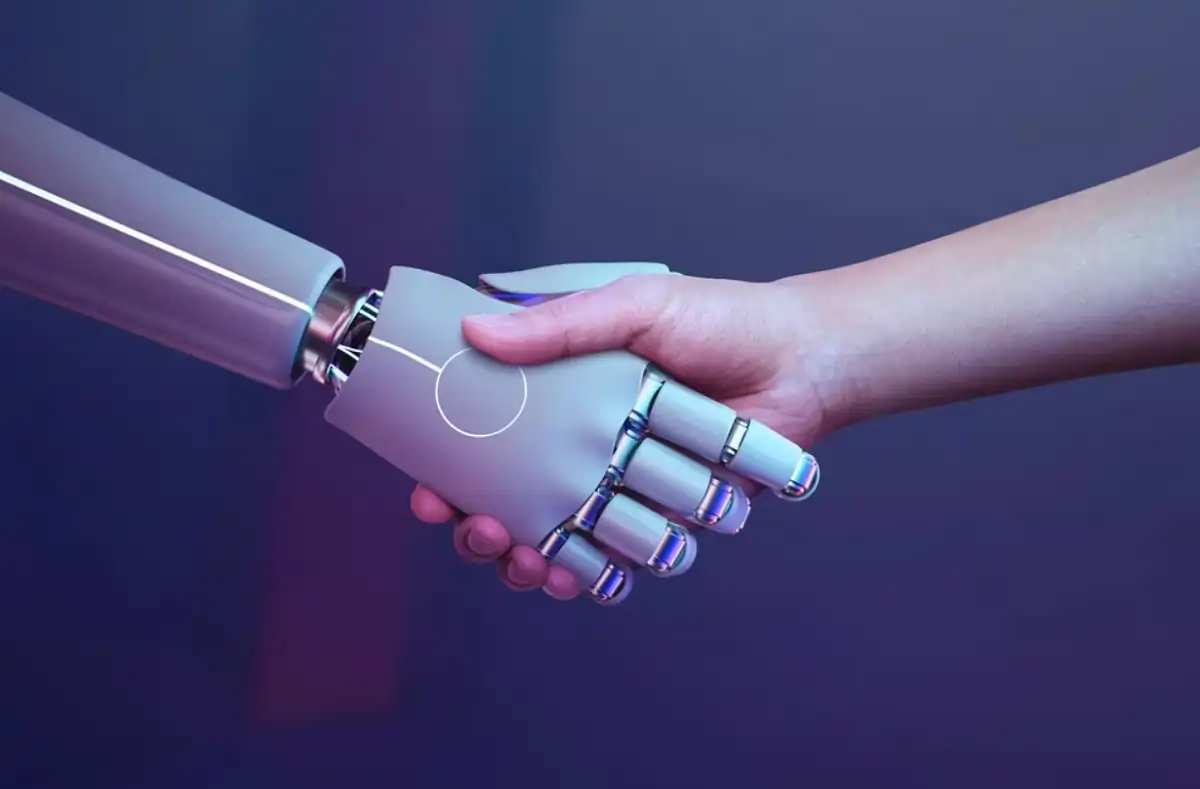Google, OpenAI, Microsoft, Amazon and Meta sign agreement to create safe artificial intelligence
One of the commitments is to develop technologies to help find cures for diseases.
Several of today’s leading technology companies, including Google, Microsoft, OpenAI, Amazon and Meta, joined forces to sign an agreement with the U.S. government to create a framework of protections for the safe and ethical development of artificial intelligence (AI).
The meeting took place at the White House, where the presidents and CEOs of these companies were in attendance to commit to following a set of rules to protect the interests of society and address the challenges that AI has posed in recent months following its rise.
“Social media has shown us the damage that powerful technologies can do without adequate safeguards. Congress must pass bipartisan legislation that limits data collection, bans ads targeting children, and requires companies to put health and safety first,” said Joe Biden, President of the United States.

The companies pledged to comply with the safe and ethical development of this technology for the future. (Freepik)
What they agreed
The document, which was released by the White House, includes a series of relevant points that will set the course for AI development in the coming years, ensuring “that innovation does not come at the expense of rights and safety.”
– Rigorous security testing: all AI products developed by these companies will have to pass security tests, both internal and external. The priority is to ensure that AI-based products are reliable and pose no risk to users or society.
– Transparency and disclosure: Companies commit to continuously and publicly report on the capabilities and limitations of their tools. In addition, any biases that may be present in the development of these technologies, as well as associated security risks, will be highlighted.
– Recognition of AI-generated content: To protect users and prevent the misuse of AI, companies will strive to ensure that consumers can clearly recognize content generated by these technologies. This will be achieved through the implementation of watermarks or other means of identification.
– AI for global welfare: Driving the implementation of advanced AI to address some of humanity’s most pressing challenges, such as finding a cure for cancer and combating climate change.
– Research and addressing bias: Companies are committed to conducting thorough research on the risks of bias and discrimination in AI development. This will ensure that the technologies developed are equitable and do not perpetuate societal biases.
While the agreement is made with the protection of Americans in mind, it is expected that the agreement will transcend borders as these are global products, and the White House pledged to work with international allies to promote principles for future legislation.
Following the signing of the agreement, some of the companies involved announced concrete measures to comply with the established principles. Google, for example, revealed its intention to integrate watermarking, metadata and other innovative techniques into its generative models. In addition, it will launch a tool called “About this image” in its Search, to provide context about the origin of online images.
The initiative is not limited to G7 companies alone, but also seeks collaboration from other nations. The United States has held talks with Latin American governments, such as Chile, Brazil and Mexico, with the aim of getting them to voluntarily join the agreement, thus consolidating a joint effort to ensure the safe and responsible development of AI in the region.

